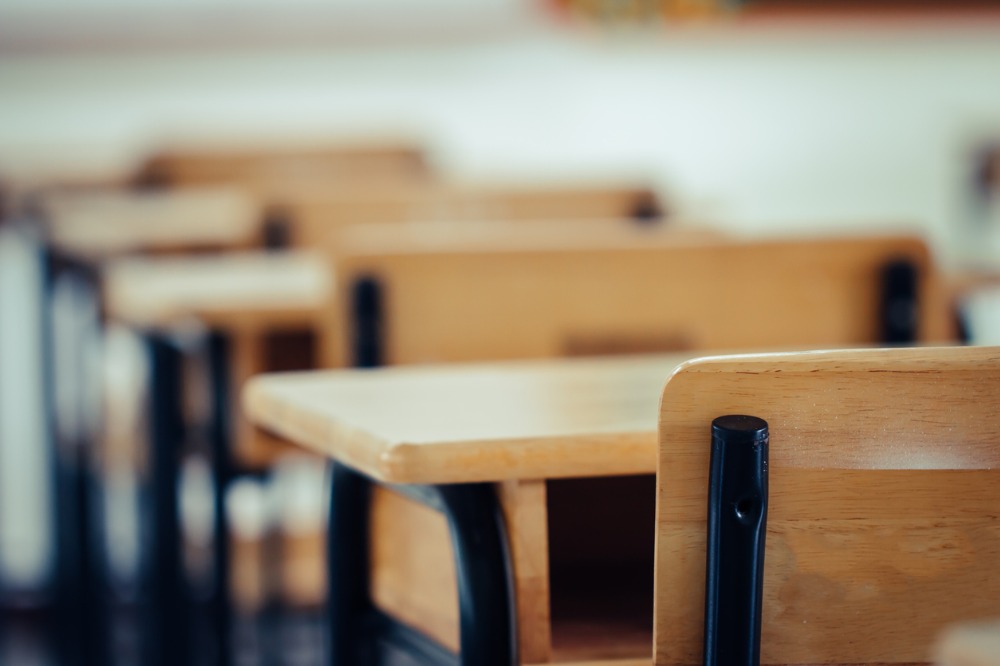
More than half of Australian classrooms were too full even before COVID-19, a new report has found, raising concerns over how effectively schools will be able to maintain a degree of social distancing when they reopen.
The new analysis of data from IEA’s Trends in International Mathematics and Science Study (TIMSS) say this is an issue that schools and policy makers will have to pay close attention to when drawing up plans for reopening schools.
In the questionnaire, teachers were asked: “To what extent do you agree with the following statement: There are too many students in the classes”.
Across 47 countries and educations systems whose 4th grade students were assessed in the study, 30% of their teachers “agreed a lot” and a further 32% also voiced their agreement. In 39 countries and education systems whose 8th grade students took part in TIMSS, 66% of their science and maths teachers agreed with the statement.
“Unsurprisingly, there was a lot of variation in responses between the countries taking part in the study, but well over half of teachers in most of the countries reported that they agreed to some extent that class sizes were too large,” IEA executive director, Dr Dirk Hastedt said.
“This is something schools, and just as crucially, policy makers, should not ignore as they draw up their plans to reopen schools”.
Additionally, TIMSS 2015 asked schools about the emphasis they placed on hygiene and disease prevention.
Dr Hastedt said one encouraging finding was that across the 47 countries and education systems that the IEA had data for, 86% said that they placed a high or very high emphasis on handwashing, something that bodes well for hygiene levels in the re-opening schools.
“This data was collected in 2015, when the world looked very different to now,” he said.
Additionally, he said, the data for the TIMSS 2019 cycle, slated for a December release – was gathered in a time where schools and policy makers did not have a global pandemic on their minds.
“Nevertheless, these data are always of vital importance when ensuring that education is not just maintained, but improved”.


